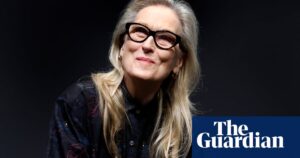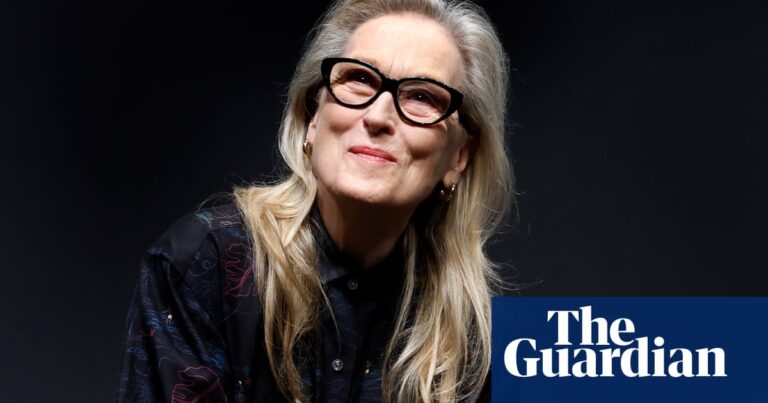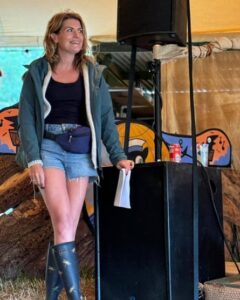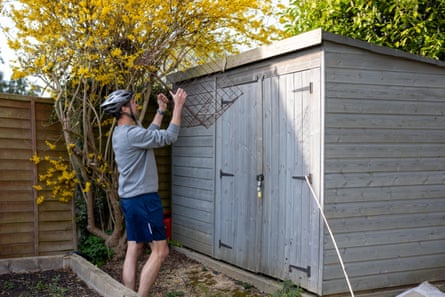What does Billy Joel know about being a teenage girl? Enough, it turns out, to have written one of gen Z’s favorite anti-hustle anthems: Vienna, a nearly 50-year-old song that’s been adopted by the under-30s to describe their particular feelings of ennui.
On TikTok, young women craft their identities around the song. One content creator said she booked a trip to the Austrian capitol because of it; others tattoo the lyrics on their body. “I want to name my child Vienna but everyone says it reminds them of sausage,” reads one comment on a clip where a young woman lip-syncs the tune.
“Every teenage girl has their unexplainable emotional attachment to this song, no one knows why, it’s just a pinnacle part of girlhood,” one user captioned a video posted in March that was liked over 195k times. “No one understands a women [sic] in her 20s like Billy Joel did when he wrote Vienna,” reads another caption with over 424k likes.
Vienna, a B-side to the single Just the Way You Are off the 1977 album The Stranger, has become a fan-favorite in the decades since its release. It’s Joel’s third-most played song on Spotify with over 582m streams – falling behind Uptown Girl and Piano Man but beating out We Didn’t Start the Fire and She’s Always a Woman. Joel himself considers it one of his best. And, despite critics’ tendencies to dismiss Joel’s work as hokey or cringe, Gen Z takes no issue with the sentimental lyrics – fittingly, perhaps, for a cohort that likes to wear their emotions on their sleeves.
In 2022, the now defunct Mel magazine chalked some of the song’s success up to the fact that unlike Joel standards such as Just the Way You Are or New York State of Mind, it’s rarely overplayed, and not thought of as corny. “It hasn’t been shoved down our throats for the entirety of our lives,” wrote critic Tim Grierson. “Vienna feels like something you get to discover on your own and then claim for yourself.”
Joel has said that the song reminds listeners that “you don’t have to squeeze your whole life into your 20s and 30s trying to make it, trying to achieve that American dream, getting in the rat race and killing yourself. You have a whole life to live.”
The refrain of “slow down, you’re doing fine” soothes a specific kind of Gen Z malaise, reminding kids raised on the immediacy of social media and the restless news cycle to take a step back.
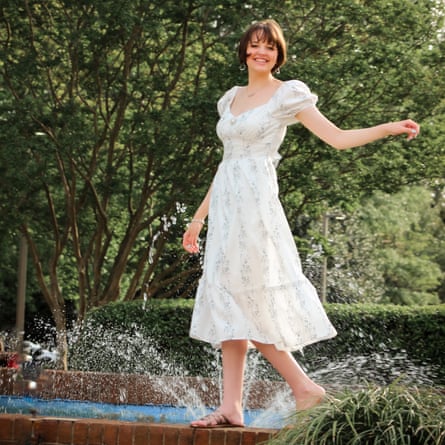
In 2018, Joel attributed the song’s strange afterlife to its inclusion in a pivotal scene in 13 Going on 30 – a Jennifer Garner romcom from 2004 where a preteen wishes to be an adult, only to grow disillusioned with the promises of womanhood after she wakes up as a high-powered thirtysomething magazine editor. Vienna plays as she flees the city seeking the comfort of her parents and her childhood home.
“That’s a movie that was popular with girls, and girls are who most of the enthusiasm for the song comes from,” Joel said, adding. “It’s a coming-of-age song: ‘Slow down you crazy child.’ So I guess it resonates with younger people.”
Liv Keaton discovered Billy Joel’s music when she was 11, after finding a copy of his Greatest Hits in her parents CD collection. She’s a fan of his entire catalogue, but after entering her 20s, the song Vienna became her “mantra”.
“There’s a lot of pressure to achieve certain things at certain points in your life,” said Keaton, who is 22 and lives in South Carolina. “But this song is about taking the long road, and looking forward to the things you will achieve versus regretting the things you weren’t able to achieve.”
During the song’s crescendo, Joel sings: “Slow down you crazy child / Take the phone off the hook and disappear for a while / It’s alright you can afford to lose a day or two.” Good advice in 1977, maybe, but not entirely possible in 2024.
“That’s this really romantic thought, because you can’t really do that nowadays,” Keaton said. “You can turn your phone off, sure, but the messages will still be waiting for you. There’s no way to ‘disappear for a while’, but that’s something a lot of us wish we could do: shut out the world and not have to worry about missing out.”
Callie Shirley first heard Vienna when she was 16. All her young life, she looked forward to the independence that comes with adolescence, but Covid shuttered her school and put her social life on hold for a year.
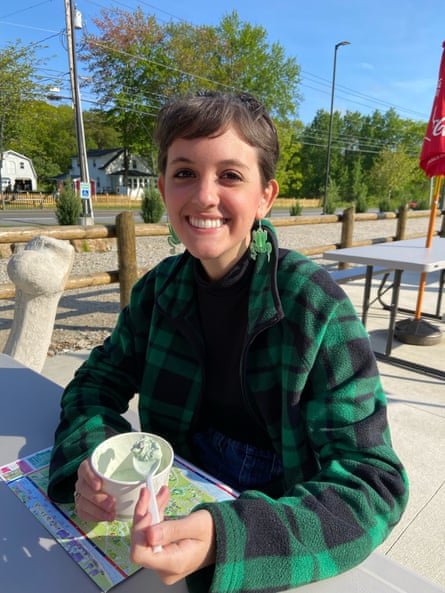
“I thought 16 was going to be so much fun,” Shirley, now 20 and living in Houston, said. “And then the world shuts down. Vienna struck a chord with me, because even though the song is so personal, people who are feeling vulnerable for any reason can relate to it.”
For Elizabeth McDermott, a 23 year-old who lives in New York, Vienna pushes against the stereotypical assumption that a person’s twenties are the best years of their lives.
“Gen Z has a unique set of troubles, and in some ways it feels like the world is more terrible than ever before,” she said. “But Vienna was written decades ago, and it reaffirms the fact that we’re not alone in these feelings. Knowing that so many people from Gen Z relate to this song, but also our parents do too, is kind of an antidote to isolation.”
Source: theguardian.com





